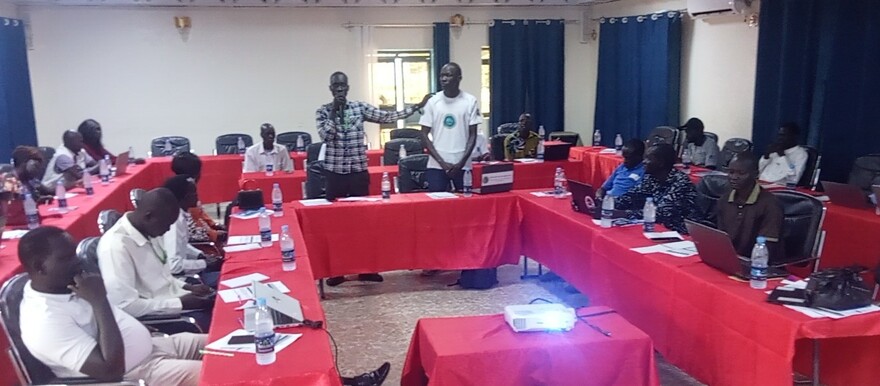A three-day workshop aimed at addressing Gender-Based Violence (GBV) and discrimination concluded last Thursday in Aweil, the capital of Northern Bahr el Ghazal State. The workshop, which gathered 40 participants, led to recommendations for eliminating all forms of violence, hatred, and discrimination against women and girls.
The South Sudan Gender-Based Violence Cluster, in collaboration with the Ministry of Gender, Child, and Social Welfare (MGCSW) and their partners, issued a call to action for all communities and the government to address discrimination and threats against women and girls at all levels.
Speaking to Radio Tamazuj, Mary Arkangelo Bak, the Director General of the Ministry of Gender, Child, and Social Welfare, highlighted the vulnerability of women and girls to Gender-Based Violence and emphasized the role of both national and local partners, as well as the community, in addressing these issues.
She stated, “Every day, we talk about the Gender-Based Violence that affects women and girls. As the Ministry of Gender, Child, and Social Development (MGCSW), we work with local and national partners in Juba to find ways to end all forms of abuses against women and girls, such as issues related to forced early marriages.”
Workshop participants gained a deeper understanding of the various types and causes of Gender-Based Violence, which include economic crises, sexual exploitation, and the denial of women and girls’ proper participation in decision-making processes at all levels.
One attendee, Akol Ngor, expressed his insights, saying, “Yes, I have learned something because I understood that Gender-Based Violence (GBV) has many types and triggers, such as economic crisis-related issues, sexual exploitation, and we detected other root causes.”
A woman, speaking anonymously, expressed her desire for gender equality in the forthcoming general elections scheduled for December 2024 in South Sudan.
She emphasized the importance of equitable division between men and women, stating, “We believe that everything should be shared equally between men and women in the upcoming elections, particularly in the processes of constituency party nominations and elections, to boost women’s participation, which was not the case in 2010.”




